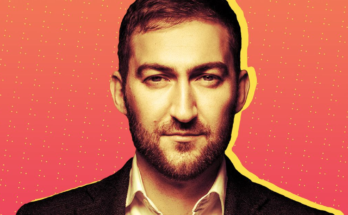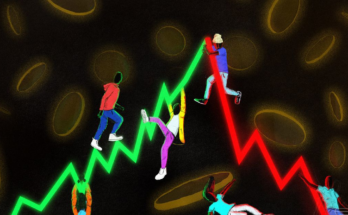
Cryptocurrencies like bitcoin are a fun way to skirt money-laundering laws and pay for drugs, but, according to reporting by Reuters, it appears you’ll now be able to use it to pay for Beanie Babies and fake Rolexes. That’s right: PayPal is getting into the crypto game.
The breathless reporting by Reuters and other sites claims that users will be able to buy and sell crypto on the platform in 2021. What really happened is that the company received a conditional BitLicense in New York, a license that grants companies the ability to buy and sell cryptocurrency in New York. PayPal will work with Paxos Trust Company, one of the few crypto companies that has thus far escaped federal scrutiny. Paxos is best at turning things like equities—stocks —into blockchain-based tokens, which allow users to trade them like bitcoin
The BitLicense will let PayPal buy, sell, and hold bitcoin, bitcoin cash, ether, and litecoin. Bitcoin price rose about $500 on the news, as well, from $12,00- to $12,430.15—a surprisingly small bump for such overhyped news.
“DFS’ approval today follows our June 2020 announcement for a new framework for a conditional Bitlicense to encourage, promote, and assist interested institutions to have a well-regulated way to access the New York virtual currency marketplace in a way that is both timely and protective of New York consumers, through partnerships with New York authorized virtual currency firms,” said Department of Financial Services Superintendent Linda A. Lacewell. “DFS will continue to encourage and support financial service providers to operate, grow, remain and expand in New York and work with innovators to enable them to germinate and test their ideas, for a dynamic and forward-looking financial services sector, especially as we work to build New York back better in the midst of this pandemic.”
Fair enough.
Now for the problems. First, a BitLicense isn’t a world-wide license. It lets you do business in New York and that’s about it. A BitLicense approval process is fairly stringent, with a lot of documentation of assets and descriptions of your business. For a company like PayPal, it’s pretty simple to get it done. Smaller players—startups and the like—are almost guaranteed to fail, however, which is why New York is one of the worst jurisdictions for crypto licensing.
G/O Media may get a commission
After being licensed in New York, PayPal’s lawyers will have to fan out to nearly every state except for a few Wild West spots where crypto trading is less regulated. That’s another few million in legal fees. Add in the millions needed to get licenses in Europe, Asia, and South America not to mention the millions in resources needed to spread to Africa and the Middle East, and you’ve got a billion-dollar problem on your hands.
What PayPal gets out of this is simple: a brief flash of notoriety and, if you bought low a few days ago, a nice bump in terms of BTC price. What we normal humans get is a company that will fight for crypto-only as long as it makes economic sense. To be clear, companies like RobinHood and Square support crypto buying and selling, but the popularity of these features is limited in scope and, compared to the equities market, is aimed at amusement rather than real investment. Like Facebook’s failed Libra project, this move is more about making PayPal look cutting-edge than offering real crypto tools.
In short, the news is a dud. PayPal getting a BitLicense is akin to me getting a forklift operator’s license—I doubt I’ll do anything with it, and if I did, I’m sure I’d break something. There may be a moment when you and I trade ether for an original “Billy Joel Tour 1998 Plush Bear wearing T Shirt Sunglasses 9″ Rare Plushie,” but I’m thinking you’ll probably stick to dollars.
In the end, crypto is a back-end technology. Putting it front and center is all about PR, not actual innovation. The crypto hype cycle will play this up as a massive move for the cryptocurrency industry, but when it comes down to it, the mass of PayPal users will still send and receive cash in their bank accounts and leave the crypto in their virtual wallets.



